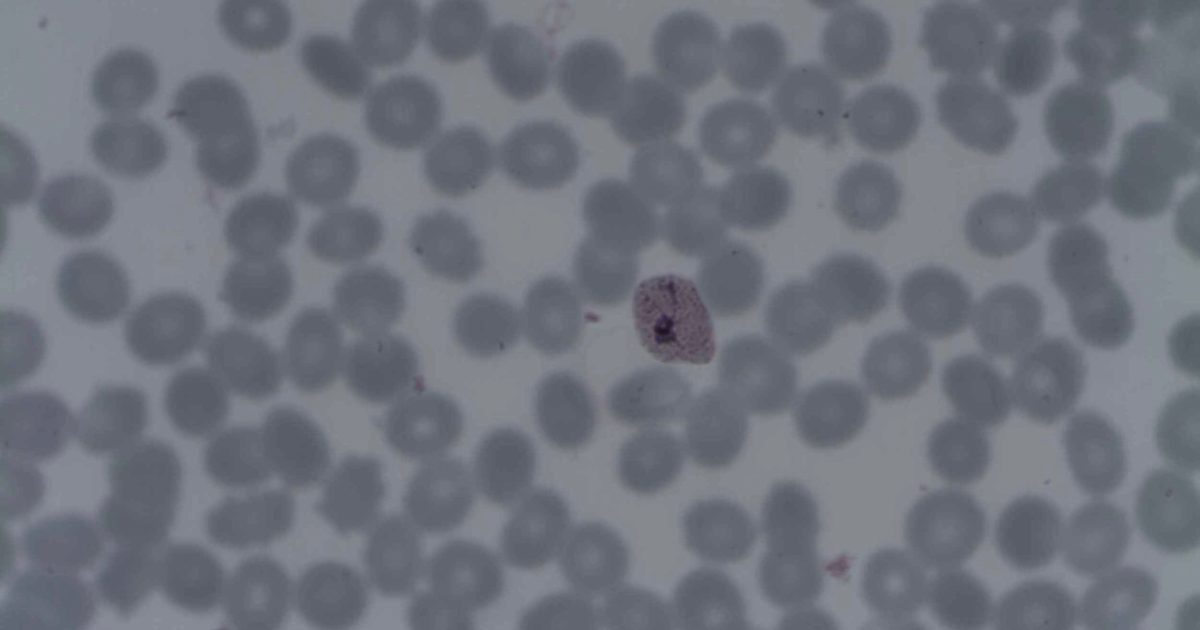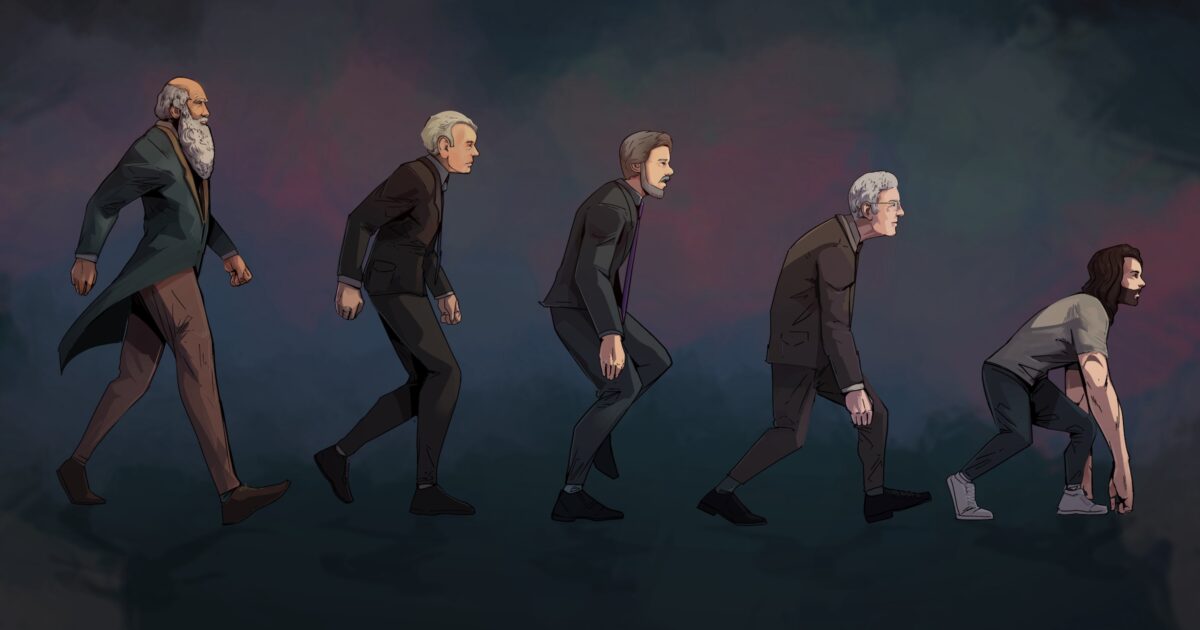
When Michael J. Behe’s first book, Darwin’s Black Box, was published in 1996, it launched the intelligent design movement. Critics howled, yet hundreds of thousands of readers and a growing number of scientists were intrigued by Behe’s claim that Darwinism could not explain the complex machinery of the cell. Now, in his long-awaited follow-up, Behe presents far more than a challenge to Darwinism: He presents the evidence of the genetics revolution, the first direct evidence of nature’s mutational pathways to radically redefine the debate about Darwinism.
How much of life does Darwin’s theory explain? Most scientists believe it accounts for everything from the machinery of the cell to the history of life on earth. Darwin’s ideas have been applied to law, culture, and politics.
But Darwin’s theory has been proven only in one sense: There is little question that all species on earth descended from a common ancestor. Overwhelming anatomical, genetic, and fossil evidence exists for that claim. But the crucial question remains: How did it happen? Darwin’s proposed mechanism- random mutation and natural selection- has been accepted largely as a matter of faith and deduction or, at best, circumstantial evidence. Only now, thanks to genetics, does science allow us to seek direct evidence. The genomes of many organisms have been sequenced, and the machinery of the cell has been analyzed in great detail. The evolutionary responses of microorganisms to antibiotics and humans to parasitic infections have been traced over tens of thousands of generations.
As a result, for the first time in history Darwin’s theory can be rigorously evaluated. The results are shocking. Although it can explain marginal changes in evolutionary history, random mutation and natural selection explain very little of the basic machinery of life. The “edge” of evolution, a line that defines the border between random and nonrandom mutation, lies very far from where Darwin pointed. Behe argues convincingly that most of the mutations that have defined the history of life on earth have been nonrandom.
Although it will be controversial and stunning, this finding actually fits a general pattern discovered by other branches of sciences in recent decades: The universe as a whole was fine-tuned for life. From physics to cosmology to chemistry to biology , life on earth stands revealed as depending upon an endless series of unlikely events. The clear conclusion: The universe was designed for life.
Multimedia
Endorsements
“With this book, Michael Behe shows that he is truly an independent thinker of the first order. He carefully examines the data of evolution, along the way making an argument for universal common descent that will make him no friends among young-earth creationists, and draws in new facts, especially the data on malaria, that have not been part of the public debate at all up to now. This book will take the intelligent design debate into new territory and represents a unique contribution to the longstanding question of philosophy: Can observation of the physical world guide our thinking about religious questions?”
Professor David Snoke, Department of Physics and Astronomy, University of Pittsburgh
In The Edge of Evolution Michael Behe carefully assesses the evidence of what Darwin’s mechanism of random mutation and selection can achieve in well documented cases, and shows that even in those cases that maximize its power as a creative force it has only been able to generate very trivial examples of evolutionary change. Could such an apparently impotent and mindless force really have built the sophisticated molecular devices found throughout nature? The answer, he insists, is no. The only common-sense explanation is intelligent design.
Michael Denton, M.D., Ph.D., author of Nature’s Destiny
In crystal-clear prose Behe systematically shreds the central dogma of atheistic science, the doctrine of the random universe. This book, like the natural phenomena it so elegantly describes, shows the unmistakable signs of a very deep intelligence at work.
Jeffrey M. Schwartz, M.D., Research Psychiatrist, UCLA, and author of The Mind & The Brain
“Until the past decade and the genomics revolution, Darwin’s theory rested on indirect evidence and reasonable speculation. Now, however, we have begun to scratch the surface of direct evidence, of which this book offers the best possible treatment. Though many critics won’t want to admit it, The Edge of Evolution is very balanced, careful, and devastating. A tremendously important book.
Dr. Philip Skell, Evan Pugh Professor of Chemistry, Emeritus, at Pennsylvania State University, and member of the National Academy of Sciences
Criticism and Response
Lehigh University biochemist Michael Behe’s book The Edge of Evolution (2007) has sparked spirited debate about the limits of Darwinian mechanisms to produce significant biological change. Read about the continuing debate and Behe’s responses to it in the articles below.
Vindication of Michael Behe’s Arguments about Chloroquine Resistance in 2014:
Michael Behe, “A Key Inference of The Edge of Evolution Has Now Been Experimentally Confirmed” (July 14, 2014)
Casey Luskin, “So, Michael Behe Was Right After All; What Will the Critics Say Now?” (July 16, 2014)
Michael Behe, “It’s Tough to Make Predictions, Especially About the Future” (July 16, 2014)
Michael Behe, “The Edge of Evolution: Why Darwin’s Mechanism Is Self-Limiting” (July 18, 2014)
Michael Behe, “An Open Letter to Kenneth Miller and PZ Myers” (July 21, 2014)
Ann Gauger, “A Pretty Sharp Edge: Reflecting on Michael Behe’s Vindication” (July 28, 2014)
Other responses:
“A Modest Comeback for Lamarck, and a Reminder of the Edge of Evolution” (December 7, 2011)
Michael Behe, “The Edge of Evolution, as seen by Dave Ussery and BioLogos” (November 19, 2010)
Michael Behe, “Dave Ussery Ruminates about The Edge of Evolution” (November 18, 2010)
Michael Behe, “Dollo’s law, the symmetry of time, and the edge of evolution” (October 12, 2009)
Michael Behe, “Nature Paper Reaches “Edge of Evolution” and Finds Darwinian Processes Lacking” (October 6, 2009)
Michael Behe, “Nature Publishes Paper on the Edge of Evolution” (September 30, 2009)
Anika Smith, “Swine Flu and the Edge of Evolution” (May 6, 2009)
Casey Luskin, “Swine Flu, Viruses, and the Edge of Evolution” (May 1, 2009)
Anika Smith, “Michael Behe’s Edge of Evolution Vindicated From Genetics Paper” (March 19, 2009)
Anika Smith, “Debate Over Behe’s Edge of Evolution in Genetics” (March 10, 2009)
Casey Luskin, “Rebuttal to Paul Gross’ Review of The Edge of Evolution – Error #4: Misrepresenting the State of Thinking in Cosmology” (November 18, 2007)
Casey Luskin, “Rebuttal to Paul Gross’ Review of The Edge of Evolution – Error #3: Ignoring Behe’s Rebuttal of Exaptation Speculation” (November 7, 2007)
Casey Luskin, “Rebuttal to Paul Gross’ Review of The Edge of Evolution – Error #2: Failing to Stay Positive” (November 6, 2007)
Casey Luskin, “Rebuttal to Paul Gross’s Review of Michael Behe’s The Edge of Evolution – Error #1: A Calculation Is not ‘A Mere Guess'” (November 4, 2007)
Robert Crowther “Science, E. coli, and the Edge of Evolution: Behe Responds” (October 16, 2007)
Robert Crowther “California Literary Review Interviews Michael Behe on The Edge of Evolution” (September 24, 2007)
Robert Crowther “Behe’s Edge of Evolution Continues to Attract Attention” (July 14, 2007)
Robert Crowther “Behe Responds to Miller’s Review of Edge of Evolution in Nature” (July 12, 2007)
Robert Crowther “Debunking Dawkins: Discussing his Edge of Evolution Book Review” (July 6, 2007)
Casey Luskin “Sean Carroll Fails to Scale The Edge of Evolution (Part IV): Mistaking Protein Sequence Similarity for Natural Selection” (July 2, 2007)
Casey Luskin “Sean Carroll Fails to Scale The Edge of Evolution: A Rebuttal to Sean Carroll’s Anti-ID Book Review in Science A Response to Sean B. Carroll’s ‘God as Genetic Engineer’ in Science” (July 2, 2007)
Casey Luskin “Sean Carroll Fails to Scale The Edge of Evolution (Part III): Is Carroll Scared of Approaching the Edge of Evolution?” (June 29, 2007)
Casey Luskin “Sean Carroll Fails to Scale The Edge of Evolution (Part II): Carroll’s Citations Actually Confirm Michael Behe’s Arguments” (June 28, 2007)
Anika Smith “Behe Talks Back: Taking on Critics of The Edge of Evolution” (June 27, 2007)
Casey Luskin “Sean Carroll Fails to Scale The Edge of Evolution (Part I): How Carroll Misrepresents Michael Behe’s Arguments” (June 26, 2007)
Bruce Chapman “Behe Responds to Propaganda Attacks Against The Edge of Evolution” (June 25, 2007)
Robert Crowther “Questions and Answers from Mike Behe About The Edge of Evolution” (June 19, 2007)
“Interview with Michael Behe on The Edge of Evolution” (June 18, 2007)
Robert Crowther “Science Historian Sees Behe’s Edge of Evolution as a Cultural Earthquake” (June 15, 2007)
Robert Crowther “Plain Talk About Mike Behe’s New Book, The Edge of Evolution” (June 14, 2007)
Robert Crowther “An Interview with Michael Behe author of The Edge of Evolution” (June 13, 2007)
Robert Crowther “Biochemist Michael Behe Stirs the Waters of Controversy at The Edge of Evolution” (June 11, 2007)
“Behe’s New Book: The Edge of Evolution” (May 22, 2007)
Michael Behe, “The Edge of Evolution: The Search for the Limits of Darwinism” (May 21, 2007)
In the News
Continuing coverage of the themes and science addressed in The Edge of Evolution from Evolution News.

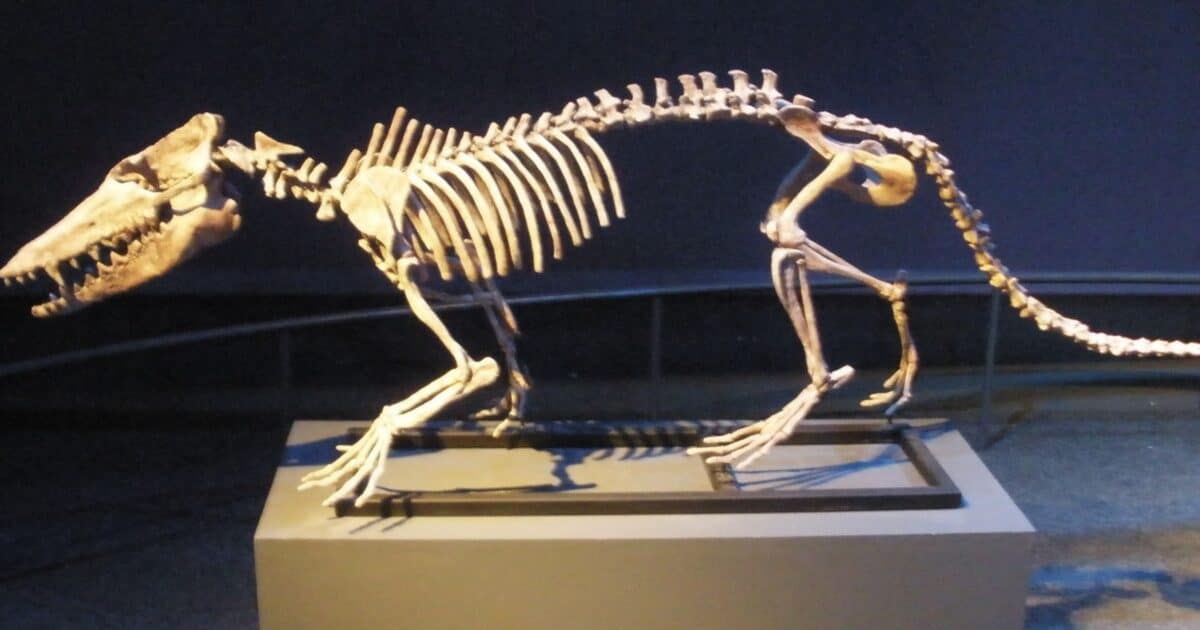
3 Challenges to the Causal Adequacy of Darwinism

Darwinists Devolve

More on Roger Penrose and Fine-Tuning

Despite Fine-Tuning, Penrose Is “Agnostic” on ID

ID and Wallace’s Intelligent Evolution
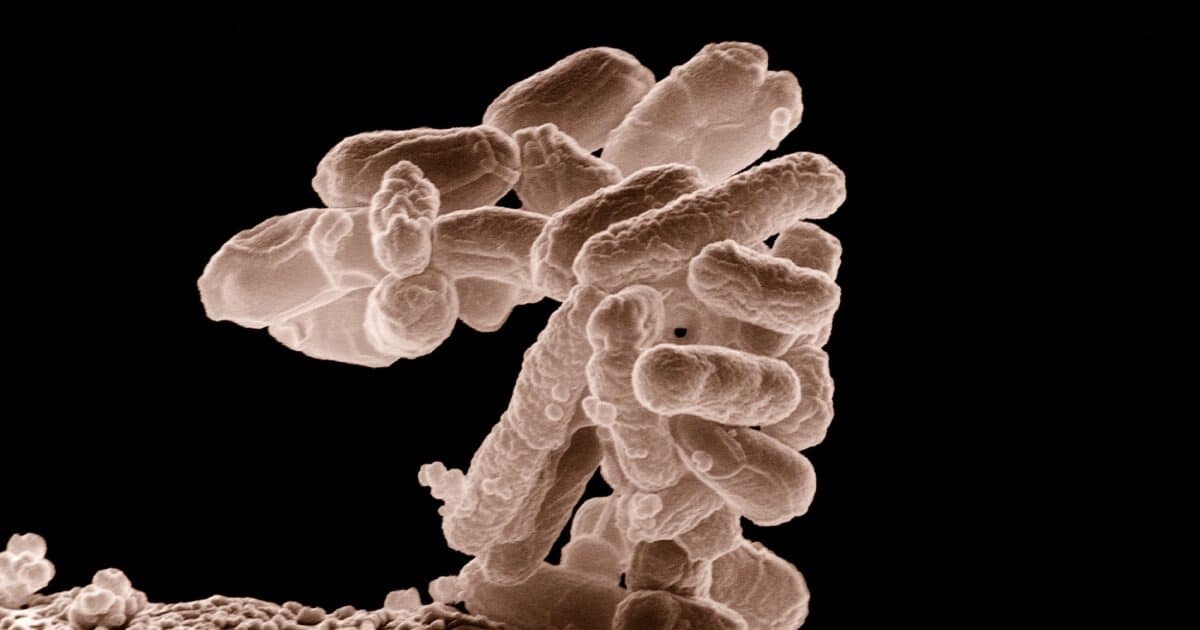
An Impressive Instance of Unguided Evolution?

My “Debate” with Professor Dave

Answering Farina on Darwin Devolves

Answering Farina on The Edge of Evolution

Answering Farina on Irreducible Complexity

Evolution and Multiple Simultaneous Changes

Real-World Data and Chloroquine Resistance
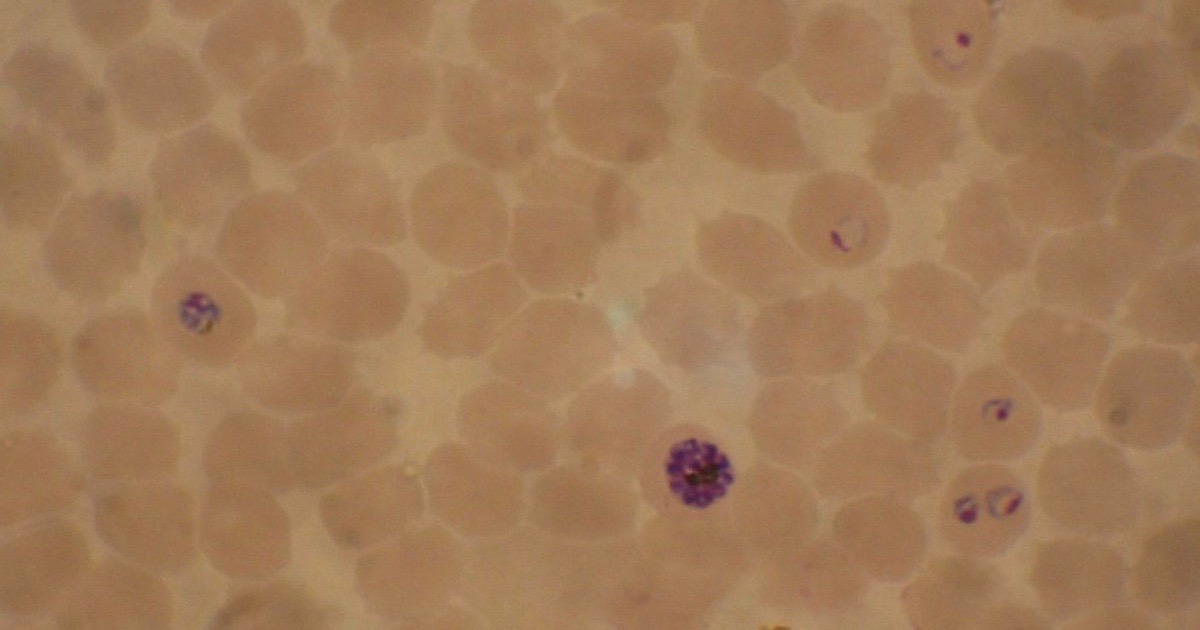
How Much Can Evolution Really Accomplish?
